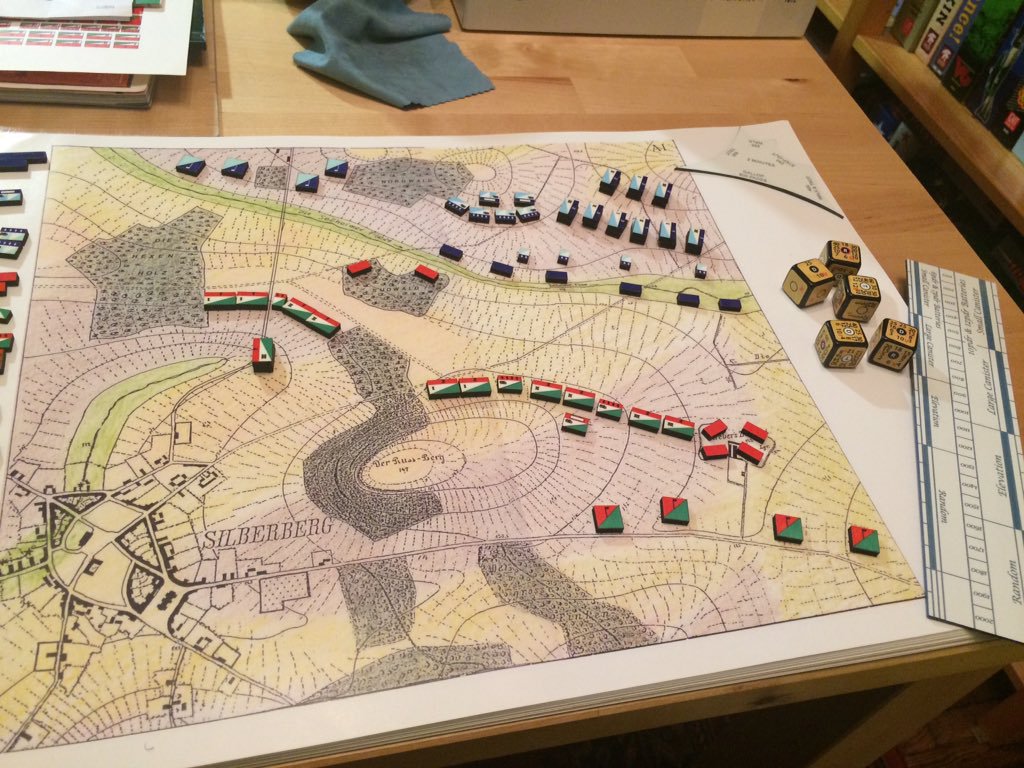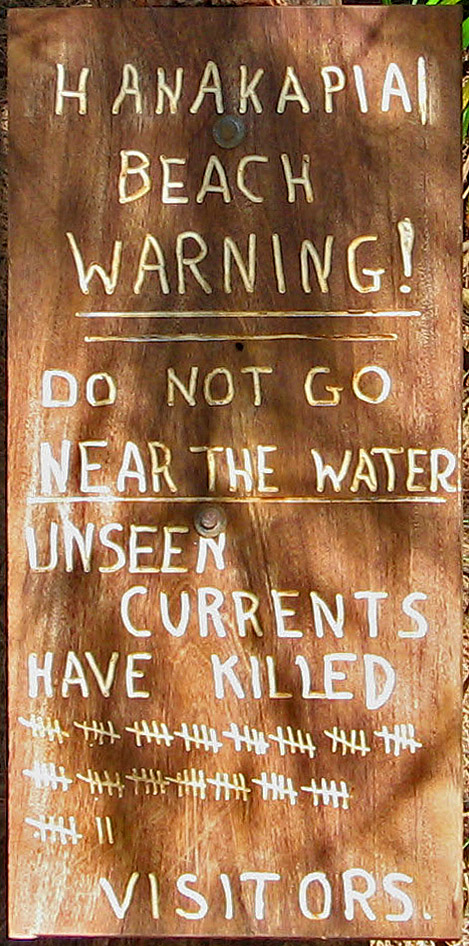|
Malefiz
''Malefiz'' (also known as ''Barricade'') is a Strategy game, strategy board game, invented by Werner Schöppner and published by Ravensburger since 1960. It is a non-circular descendant of the ancient Indian board game Pachisi. Etymology The name of the game borrows the obsolete German word ''Malefiz'', meaning "misdeed" or "bad action". The word was derived from the Latin word :wikt:maleficus, ''maleficus'', meaning "mischievous" or "profane". Setup Malefiz requires the following items: * 1 gameboard * 20 pawns (5 in each of 4 player colours) * 11 barricade pieces * 1 6-sided dice, die At the outset, each player's pawns are placed in their respective five-space ''houses'', typically located along the bottom of the board. Barricade pieces are placed in each of eleven specially marked spaces on the board. Gameplay First play may be determined by a die-roll or another manner of the players' choosing. At the beginning of each turn, the active player rolls the die. That player sele ... [...More Info...] [...Related Items...] OR: [Wikipedia] [Google] [Baidu] |
Ravensburger
Ravensburger AG is a German game, puzzle and toy company, publishing house, and market leader in the jigsaw puzzle market. History The company was founded by Otto Robert Maier in Ravensburg, a town in Upper Swabia in southern Germany. He began publishing in 1883 with his first author contract. He started publishing instruction folders for craftsmen and architects, which soon acquired him a solid financial basis. His first board game appeared in 1884, named ''Journey Around the World''. At the turn of the 20th century, his product line broadened to include picture books, books, children’s activity books, art instruction manuals, non-fiction books, and reference books as well as children’s games, Happy Families, and activity kits. In 1900, the Ravensburger blue triangle trademark was registered with the Imperial patent office. As of 1912, many board and activity games had an export version that was distributed to Western Europe and the countries of the Danube Monarchy as wel ... [...More Info...] [...Related Items...] OR: [Wikipedia] [Google] [Baidu] |
Board Game
A board game is a type of tabletop game that involves small objects () that are placed and moved in particular ways on a specially designed patterned game board, potentially including other components, e.g. dice. The earliest known uses of the term "board game" are between the 1840s and 1850s. While game boards are a necessary and sufficient condition of this genre, card games that do not use a standard deck of cards, as well as games that use neither cards nor a game board, are often colloquially included, with some referring to this genre generally as "table and board games" or simply "tabletop games". Eras Ancient era Board games have been played, traveled, and evolved in most cultures and societies throughout history Board games have been discovered in a number of archaeological sites. The oldest discovered gaming pieces were discovered in southwest Turkey, a set of elaborate sculptured stones in sets of four designed for a chess-like game, which were created during the ... [...More Info...] [...Related Items...] OR: [Wikipedia] [Google] [Baidu] |
Dice Game ...
Dice games are games that use or incorporate one or more dice as their sole or central component, usually as a random device. The following are games which largely, if not entirely, depend on dice: Collectible dice games Patterned after the success of collectible card games, a number of collectible dice games have been published. Although most of these collectible dice games are long out-of-print, there is still a small following for many of them. Some collectible dice games include: *'' Battle Dice'' *'' Dice Masters'' *'' Diceland'' *'' Dragon Dice'' See also *Card game References {{Tabletop games by type Dice A die (: dice, sometimes also used as ) is a small, throwable object with marked sides that can rest in multiple positions. Dice are used for generating random values, commonly as part of tabletop games, including dice games, board games, ro ... [...More Info...] [...Related Items...] OR: [Wikipedia] [Google] [Baidu] |
Strategy Game
A strategy game or strategic game is a game in which the players' uncoerced, and often autonomous, decision-making skills have a high significance in determining the outcome. Almost all strategy games require internal decision tree-style thinking, and typically very high situational awareness. Strategy games are also seen as a descendant of war games, and define strategy in terms of the context of war, but this is more partial. A strategy game is a game that relies primarily on strategy, and when it comes to defining what strategy is, two factors need to be taken into account: its complexity and game-scale actions, such as each placement in the ''Total War'' video game series. The definition of a strategy game in its cultural context should be any game that belongs to a tradition that goes back to war games, contains more strategy than the average video game, contains certain gameplay conventions, and is represented by a particular community. Although war is dominant in strate ... [...More Info...] [...Related Items...] OR: [Wikipedia] [Google] [Baidu] |
Counting
Counting is the process of determining the number of elements of a finite set of objects; that is, determining the size of a set. The traditional way of counting consists of continually increasing a (mental or spoken) counter by a unit for every element of the set, in some order, while marking (or displacing) those elements to avoid visiting the same element more than once, until no unmarked elements are left; if the counter was set to one after the first object, the value after visiting the final object gives the desired number of elements. The related term ''enumeration'' refers to uniquely identifying the elements of a finite (combinatorial) set or infinite set by assigning a number to each element. Counting sometimes involves numbers other than one; for example, when counting money, counting out change, "counting by twos" (2, 4, 6, 8, 10, 12, ...), or "counting by fives" (5, 10, 15, 20, 25, ...). There is archaeological evidence suggesting that humans have been ... [...More Info...] [...Related Items...] OR: [Wikipedia] [Google] [Baidu] |
Board Game
A board game is a type of tabletop game that involves small objects () that are placed and moved in particular ways on a specially designed patterned game board, potentially including other components, e.g. dice. The earliest known uses of the term "board game" are between the 1840s and 1850s. While game boards are a necessary and sufficient condition of this genre, card games that do not use a standard deck of cards, as well as games that use neither cards nor a game board, are often colloquially included, with some referring to this genre generally as "table and board games" or simply "tabletop games". Eras Ancient era Board games have been played, traveled, and evolved in most cultures and societies throughout history Board games have been discovered in a number of archaeological sites. The oldest discovered gaming pieces were discovered in southwest Turkey, a set of elaborate sculptured stones in sets of four designed for a chess-like game, which were created during the ... [...More Info...] [...Related Items...] OR: [Wikipedia] [Google] [Baidu] |
Pachisi
Pachisi ( , ) is a cross and circle board game that originated in Ancient India. It is described in the ancient text ''Mahabharata'' under the name of "Pasha". It is played on a board shaped like a symmetrical cross. A player's pieces move around the board based upon a throw of six or seven cowrie shells as lots, with the number of shells resting with the aperture upward indicating the number of spaces to move. The name of the game is derived from the Hindi word , meaning 'twenty-five', the largest score that can be thrown with the cowrie shells; thus this game is also known by the name ''Twenty-Five''. There are other versions of this game where the largest score that can be thrown is thirty. In addition to chaupar, there are many versions of the game. (barsis) is popular in the Levant, mainly Syria, while Parchís is another version popular in Spain and northern Morocco. Parqués is its Colombian variant. Parcheesi, Patchesi, Sorry!, and Ludo are among the many Wes ... [...More Info...] [...Related Items...] OR: [Wikipedia] [Google] [Baidu] |
Dice
A die (: dice, sometimes also used as ) is a small, throwable object with marked sides that can rest in multiple positions. Dice are used for generating random values, commonly as part of tabletop games, including dice games, board games, role-playing games, and games of chance. A traditional die is a cube with each of its six faces marked with a different number of dots ( pips) from one to six. When thrown or rolled, the die comes to rest showing a random integer from one to six on its upper surface, with each value being equally likely. Dice may also have other polyhedral or irregular shapes, may have faces marked with numerals or symbols instead of pips and may have their numbers carved out from the material of the dice instead of marked on it. Loaded dice are specifically designed or modified to favor some results over others, for cheating or entertainment purposes. History Dice have been used since before recorded history, and their origin is uncertain. It is hypoth ... [...More Info...] [...Related Items...] OR: [Wikipedia] [Google] [Baidu] |
Oxford University Press
Oxford University Press (OUP) is the publishing house of the University of Oxford. It is the largest university press in the world. Its first book was printed in Oxford in 1478, with the Press officially granted the legal right to print books by decree in 1586. It is the second-oldest university press after Cambridge University Press, which was founded in 1534. It is a department of the University of Oxford. It is governed by a group of 15 academics, the Delegates of the Press, appointed by the Vice Chancellor, vice-chancellor of the University of Oxford. The Delegates of the Press are led by the Secretary to the Delegates, who serves as OUP's chief executive and as its major representative on other university bodies. Oxford University Press has had a similar governance structure since the 17th century. The press is located on Walton Street, Oxford, Walton Street, Oxford, opposite Somerville College, Oxford, Somerville College, in the inner suburb of Jericho, Oxford, Jericho. ... [...More Info...] [...Related Items...] OR: [Wikipedia] [Google] [Baidu] |
Board Games Introduced In 1960
Board or Boards may refer to: Flat surface * Lumber, or other rigid material, milled or sawn flat ** Plank (wood) ** Cutting board ** Sounding board, of a musical instrument * Cardboard (paper product) * Paperboard * Fiberboard ** Hardboard, a type of fiberboard * Particle board, also known as ''chipboard'' ** Oriented strand board * Printed circuit board, in computing and electronics ** Motherboard, the main printed circuit board of a computer * A reusable writing surface ** Chalkboard ** Whiteboard Recreation * Game board **Chessboard **Checkerboard * Board (bridge), a device used in playing duplicate bridge * Board, colloquial term for the rebound statistic in basketball * Board track racing, a type of motorsport popular in the United States during the 1910s and 1920s * Boards, the wall around a bandy field or ice hockey rink * Boardsports * Diving board (other) Companies * Board International, a Swiss software vendor known for its business intelligence software tool ... [...More Info...] [...Related Items...] OR: [Wikipedia] [Google] [Baidu] |



